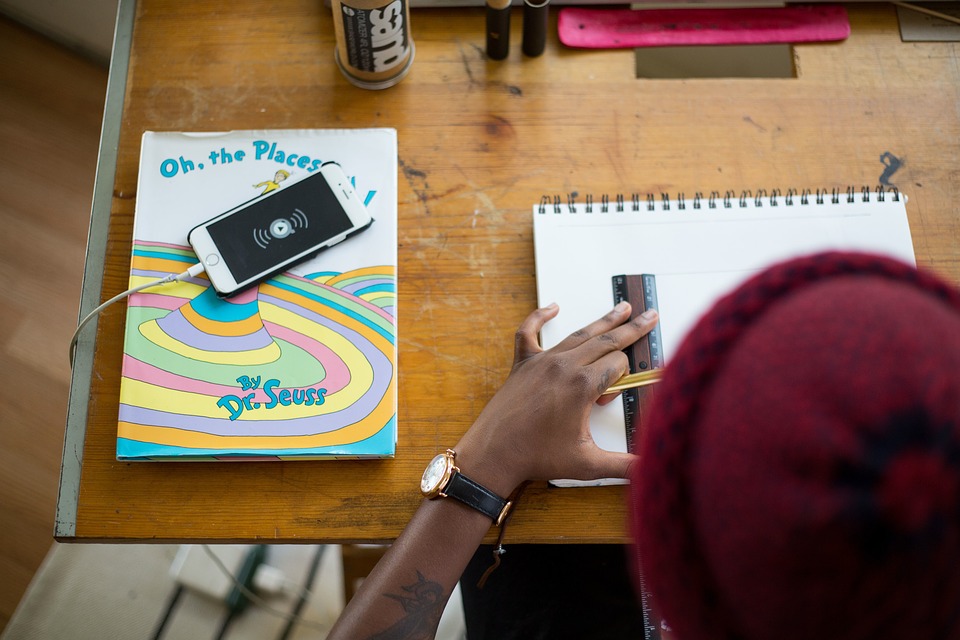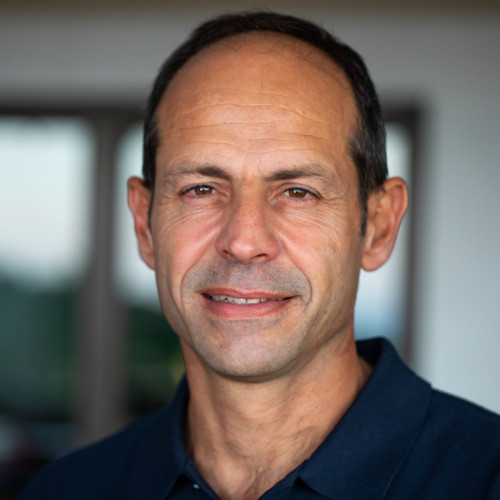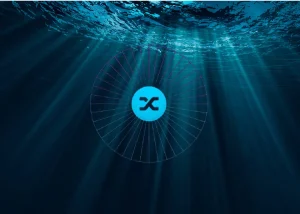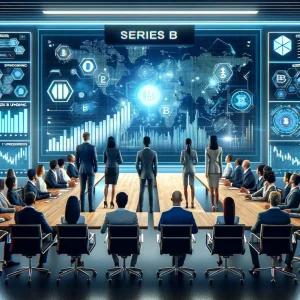It’s hard for a person in a developed country to conceptualize that a textbook could be so outdated, dirty and dog-eared that the six students sharing it can barely read it, but it’s true. The lack of educational resources is a massive obstacle to education in many parts of the world today.
In Tanzania, less than 5% of all grade 6 pupils had sole use of a reading textbook. In Cameroon, the situation is dire for primary school students where 13 grade 2 students share a math textbook while 11 students share a reading textbook.
Every child has the right to go to school and get an education
The damage and emotional instability of children that miss school while going through a crisis period can last their entire lifetime: Education is incremental and provides critical skills and learning to build on and advance in life, seek gainful employment, and support a family.
Being in school and learning provides a sense of normalcy and structure at a time when their whole lives are out of kilter. The intellectual stability and emotional connection of progress and self-worth in being part of a system, the hope it nurtures and the growth it creates is invaluable.
So why are the difference in these two statements so striking?
Khan Academy | Free Online Courses, Lessons & Practice – You can learn anything. Expert-created content and resources for every course and level. Always free.
In Cameroon, there are 11 primary school students for every reading textbook and 13 for every mathematics textbooks in grade 2.
On the one hand, we have an abundance of resources and on the other a lack.
What stops the students in Cameroon, and many other places on Earth, getting access to Khan Academy and other online courses that will improve their lives?
What is the common factor to reliable power, access to the internet, and access to good teachers?
The route to a positive outcome for students without educational opportunities is developing a road map, implementing the systems needed to achieve this roadmap, getting the buy-in from key stakeholders and applying the available resources to the system.
In many parts of the world, there has been a consistent increase in the available resources spent on education while in others there has been a decline.
A case in point is Sub-Saharan Africa
These development assistance funds for primary education are often linked to changes in regional priorities. The share of development assistance for primary education going to sub-Saharan Africa has been decreasing since the agreement of the Millennium Development Goals.
In 10 years from 2002 to 2013 sub-Saharan Africa’s share in total aid to primary education declined from 52 percent to 30 percent, with a corresponding increase in the total number of out-of-school children rising from 46 percent to 57 percent.
Generally, resources globally are finite but adequate to achieve these goals, but are applied to areas other than education, or rather not applied to education in the proportions needed to achieve the UN goal Number 4.
If this goal is going to be achieved resources need to be deployed in a more effective focussed way.





